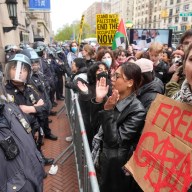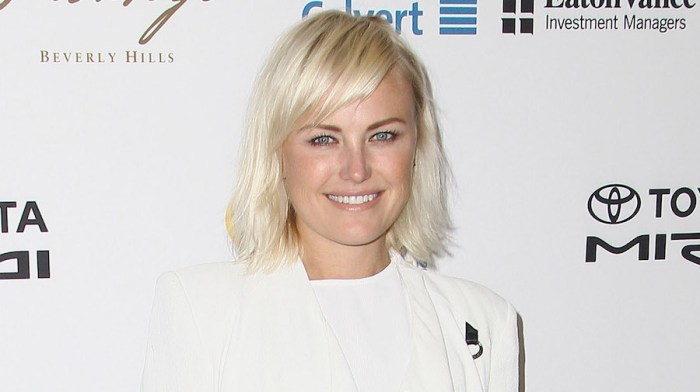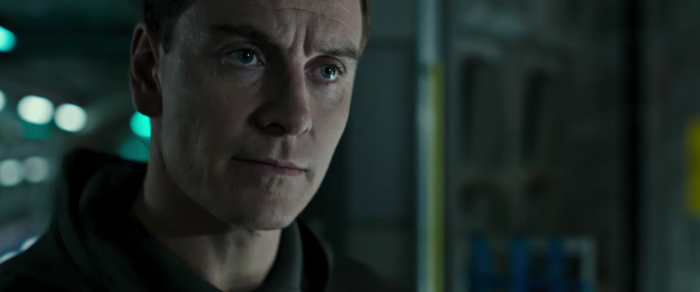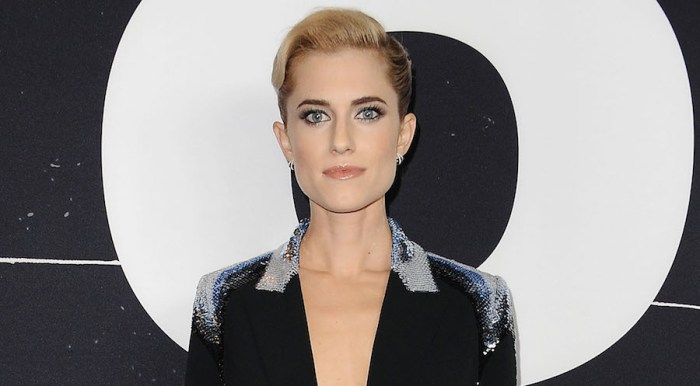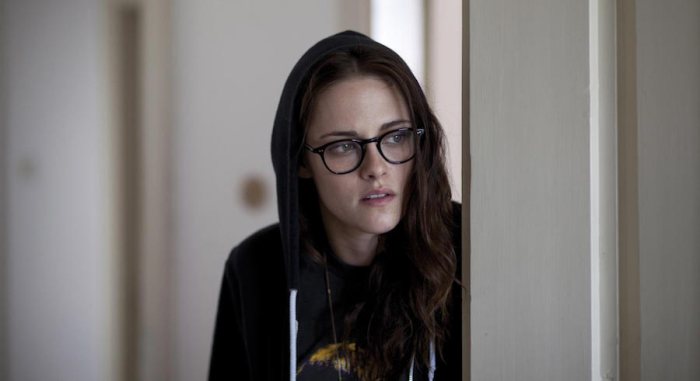‘Beyond the Lights’ Every now and then humanity is given exactly the type of hyper-melodrama that will drive them crazy with tears and feels, and they choose to ignore it. In some cases they come around eventually; it’s what happened with “The Shawshank Redemption.” Other times they take a little longer, as with the still neglected Tom Hardy-Joel Edgerton boxing weepie “Warrior.” Hopefully people realize “Beyond the Lights” — the tale of a Beyonce-esque star (played by rising star Gugu Mbatha-Raw) fighting for love over fame — is catnip sooner than later, especially now that it streams on Instant whenever they’d like. Melodrama tends to be a dirty word, and the latest from Gina Pryce-Bythewood (of “Love & Basketball,” itself a home video sensation) isn’t ashamed to play things straight and earnest. At the same time it never comes close to the insanity of, say, an episode of Lee Daniels’ “Empire.” It’s a cool-tempered and realistic-ish depiction of a purple-haired diva reared since childhood, by a demonic yet semi-sympathetic stage mom (Minnie Driver), to top the charts. When she meets a taciturn, old school man’s man (Nate Parker), he slowly convinces her to abandon her oppressive, careerist scene, or at least sing a more soulful form of soul. “Beyond the Lights” has a lot of anger for modern pop music and how it reduces women to gyrating flesh. But its ire is tempered by the cool sincerity of the performers, and by a visual style that uses long takes and long lenses to create a moody intimacy. Parker arguably goes too withdrawn at times, but his remoteness is well-matched with the wide-eyed Mbatha-Raw, who smolders and anguishes just like the best. The movie should have built off the steam created by her turn in “Belle” and made her the biggest actor in the world. Its not too late. ‘Ballet 422’ An even more intense look at the work that goes into creating entertainment, Jody Lee Lipes’ observational doc hangs back to observe the creation of a New York City Ballet piece. It’s being choreographed by Justin Peck, a lowly corps dancer who bottles up his palpable nervousness and anxiety behind a permanent expression of mild panic. Indeed, there are no fireworks, no outbursts and seemingly no ego in this look at how the dance scene really works. The film follows suit. Lipes is also a cinemtaographer (he shot “Martha Marcy May Marlene,” plus the forthcoming “Trainwreck”), and in addition to looking a beaut “Ballet 422” is a fine example of a process doc — a film largely interested in seeing how worlds work ‘King of Comedy’ It’s hard to believe Martin Scorsese had a period, during the ’80s, when he was considered problematic, forced to do projects (the “Hustler” sequel “The Color of Money”; the remake “Cape Fear”) almost assuredly beneath him. It’s even harder to believe there was once doubt his 1983 pitch-black comedy wasn’t one of his best. Robert De Niro straps on an unsightly ’stache and an even bigger bubble of obliviousness to play a terrible aspiring comic who gloms onto a miserable Merv Griffith type, played with no shortage of self-loathing by Jerry Lewis. Its cynical observations on how showbiz works are familiar, especially now, but it’s Scorsese’s minimalist direction that makes it stick. Lit like a sitcom, it unfolds over unbearably long scenes where De Niro’s Rupert Pupkin refuses to take a hint, bugging polite secretaries and execs and Lewis himself long after anyone else would have fled. The streak of squirm humiliation comedy begins if not right here then hereabouts. Follow Matt Prigge on Twitter @mattprigge
Netflix Instant
Netflix Instant
Netflix Instant
Stream This: ‘Beyond the Lights’ is ready to become a classic
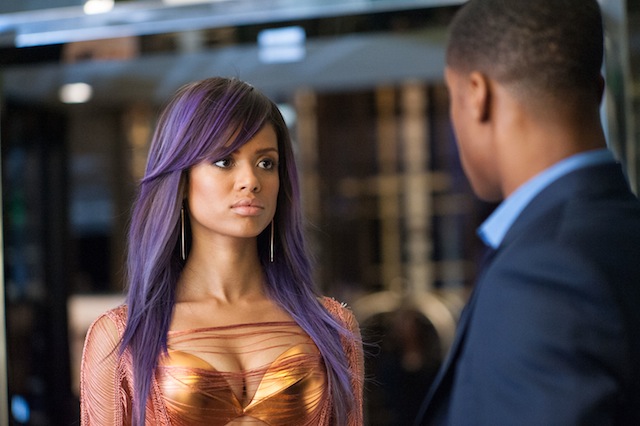
Relativity Media






